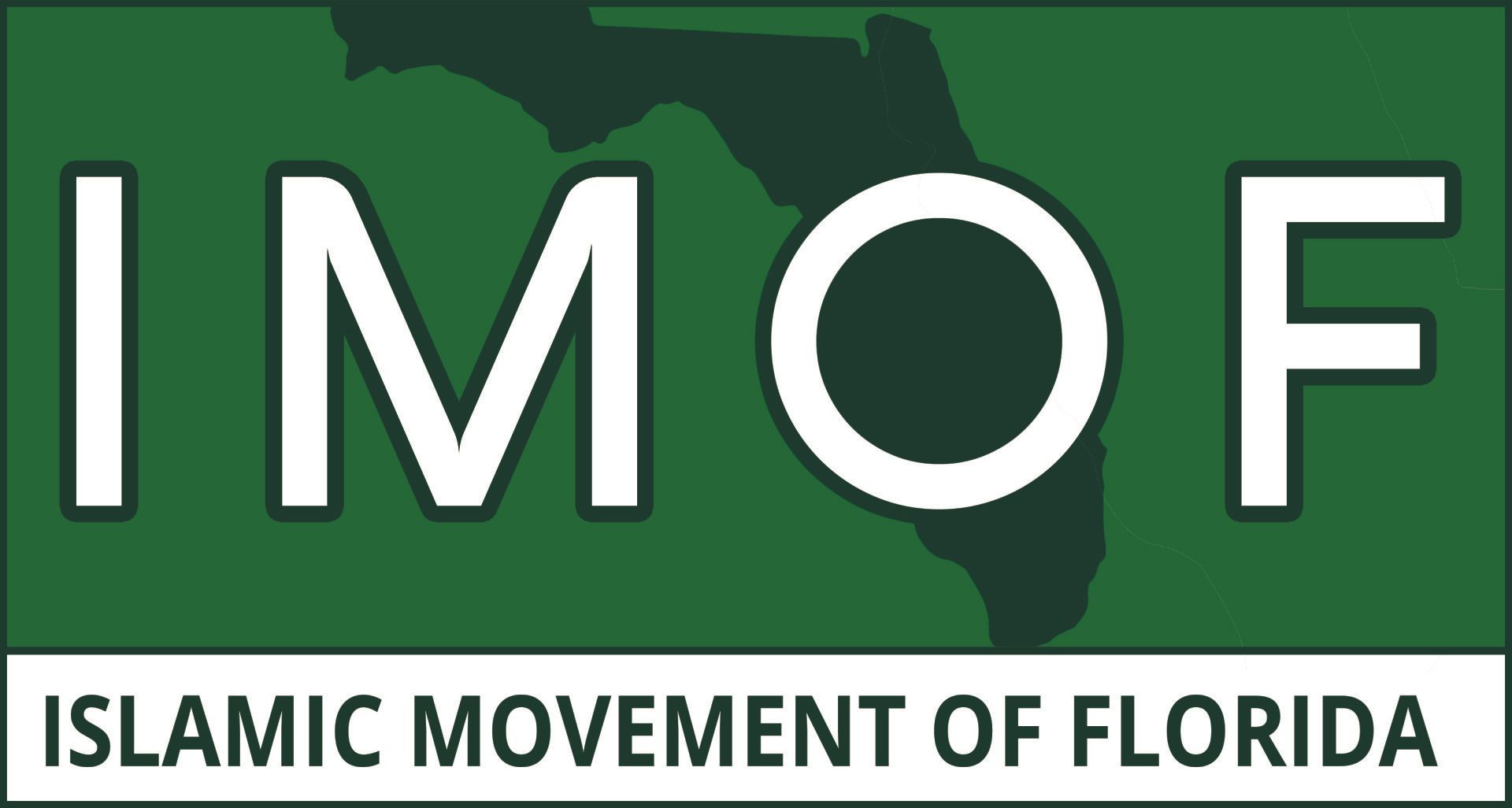The protectiveness of Al-Mustafa SAW of Tauhid
The protectiveness of Al-Mustafa SAW of Tauhid
And his blockading every path leading to Shirk
Allah the Most Exalted said:
“Verily, there has come unto you a Messenger (Muhammad SAW) from amongst yourselves (i.e., whom you know well). It grieves Him that you should receive any injury or difficulty. He (Muhammad SAW) is anxious over you (to be rightly guided, to repent to Allah, and beg Him to pardon and forgive your sins, in order that you may enter Paradise and be saved from the punishment of the Hell-fire), for the believers (He Saw) full of pity, kind, and merciful. But if they turn away, say (O Muhammad SAW): Allah is sufficient for me. La ilaha illa Huwa (none has the right to be worshipped but He), in Him I put my trust and He is the Lord of the Mighty Throne.” (9: 128,129)
Abu Hurairah (R.A.) narrated that Allah’s Messenger (SAW) said:
“Do not make your homes graves. Do not make my grave a place of celebration. Send your Salat (blessings, graces, honors, and mercy) on me. Your Salat will be conveyed to me, wherever you may be.” [Abu Dawud recorded this Hadith with reliable chain of narrators].
And Ali bin Hussain narrated:
He saw a man at a space that was at the grave of the Prophet (SAW) and he would go in it and supplicate. So he (Ali bin Hussain) prevented the man and instructed him saying, “Should I not tell you a Hadith which I heard from my father who in turn heard it from my Grandfather (Ali R.A.) who reported from Allah’s Messenger (SAW)?
He (SAW) said : ‘Do not take my grave as a place of celebration, nor your homes as graves, make Salat (blessings, graces, honors, and mercy) upon me, for, your salutation (asking safety for me) will be conveyed to me from wherever you are.” [Al-Mukhtarah (the collection of Imam Al-Maqdasi)]
Important issues of the Chapter
1) Explanation of the verses in Surah bara‘ah (Taubah).
2) The Prophet (SAW) did his best to keep His Ummah far away from the boundaries of Shirk as far as possible.
3) The Prophet’s concern for our well-being and success and his compassion and mercy.
4) The Prophet (SAW) forbade visiting his grave in a certain manner, though visiting his grave is among the best of deeds.
5) The Prophet (SAW) forbade us making excessive visits to his grave.
6) His urging to perform voluntary prayer in the home.
7) It is established among the Companions (R.A.) that offering Salat in the cemetery is prohibited.
8) The explanation that a person’s invocation of Salat (blessings, graces, honors, and mercy) and Salam upon the Prophet (SAW) is conveyed to Him even if he may be far away. So there is no need of what some misconstrue as a necessity to be in close proximity (to his grave).
9) He (the Prophet SAW) is in Al-Barzakh where the Salat and Salam of His Ummah are conveyed (to him).
